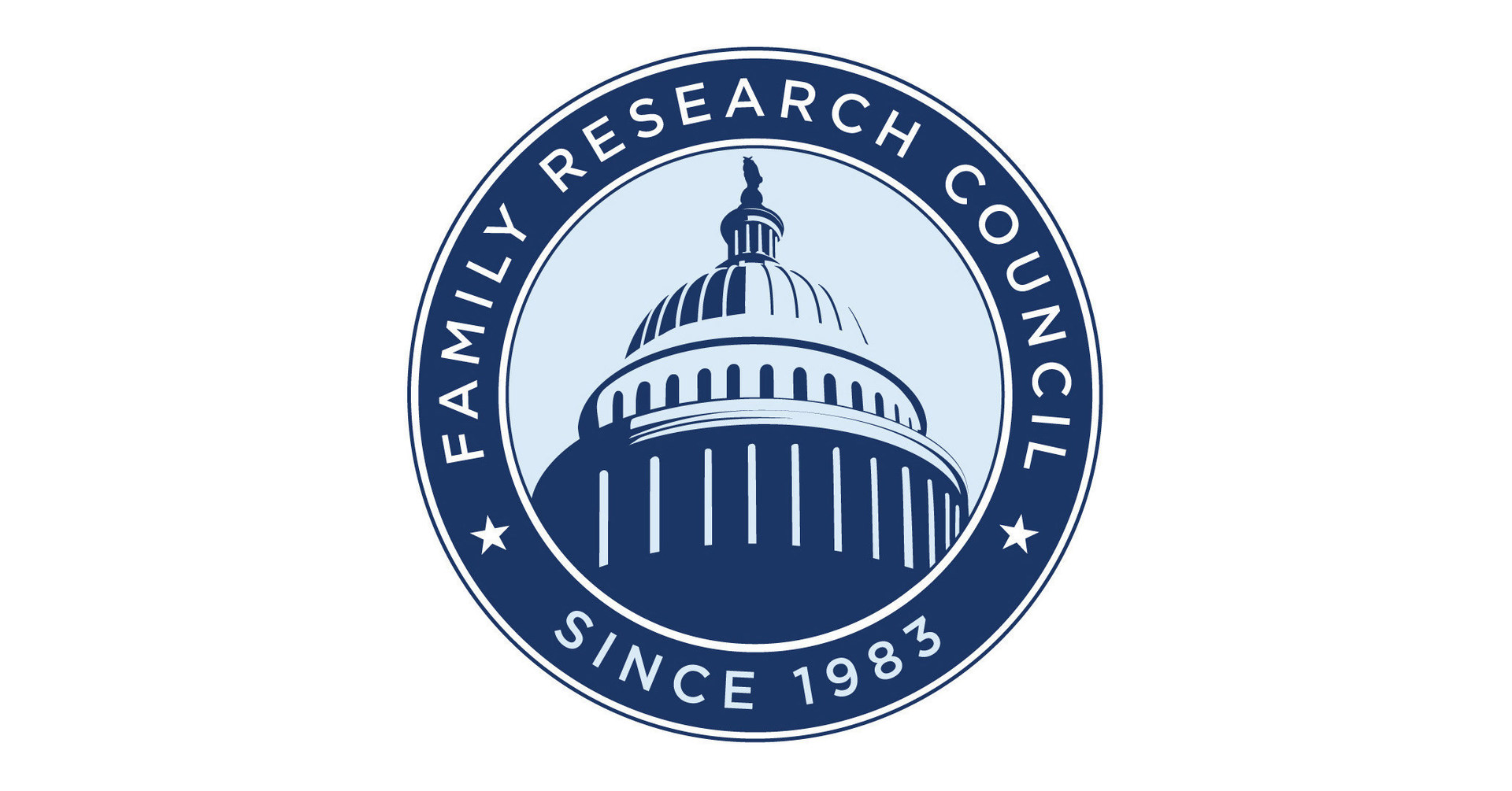Complications arise when ingredients are used both in cosmetics and in other contexts that fall under industrial chemical legislation that require animal testing. While several regions have introduced language intended to minimize animal testing in chemicals legislation (e.g. the EU under reach or the United States under the Toxic Substances Control Act), such legislation also includes requirements for specific animal data — which is also the case for pesticides legislation around the world. To facilitate the use of non-animal methods, more effort is needed to improve the regulatory acceptance of flexible, integrated approaches to testing and assessment in which different types of information are combined to address the legislated data requirements.
To facilitate the use of non-animal methods, more effort is needed to improve the regulatory acceptance of flexible, integrated approaches
Following resounding calls from the general public and European Parliament, the European Commission (EC) has committed to developing a roadmap to the eventual phase-out of animal testing in the chemical industry. Similar roadmaps have been developed in the US and are in development in Canada; their goal being to pave the way to a future where few, if any, animals are used in chemical safety assessment.
Confidence in new approaches relies on familiarity
European Parliament has stressed the “need for a sustained training and education effort to ensure the widest possible knowledge of alternatives and processes” to accelerate animal-free scientific innovation. In October 2024 the second European Commission workshop on the roadmap for phasing out animal testing took place. Jay Ingram, the director of chemicals at Humane Society International, says , “A key indicator of the success of the roadmap will be a paradigm shift in the field of regulatory safety assessment; reducing knowledge barriers whilst building confidence in Non-Animal Methods and Next Generation Risk Assessment is essential to ensuring all interested parties have the necessary tools and vocabulary to effect this paradigm change.”
To support such educational efforts, the Animal-Free Safety Assessment Collaboration (AFSA) gathered a global team of toxicology experts to develop a free, online training course that focuses on the safety assessment of cosmetic products and ingredients without new animal data. The AFSA Master Class covers all aspects of the safety assessment process, from the initial problem formulation through to the final assessment conclusion. This includes modules on consumer exposure, predictive chemistry, exposure-based waiving, dosimetry and internal exposure estimation, in vitro methods, and a module that brings these approaches together in detailed case examples of complete assessments for 11 different problem formulations, including genotoxicity, phototoxicity, skin and eye irritation, dermal sensitization, and various longer-term systemic effects. The master class is designed to enhance the capacity to perform animal-free safety assessments of cosmetics and ingredients globally.
The course emphasizes that the non-animal approach to assessing safety is conceptually not that different from the historical approach based on animal testing. The major differences are that the animal-free approach relies on estimations of exposure from the beginning and throughout the assessment process. Moreover, an estimation of the bioactivity of the chemical relies on combining predictive and non-animal data that are integrated in specific ways to address different regulatory concerns rather than a defined list of tests performed for each chemical.







